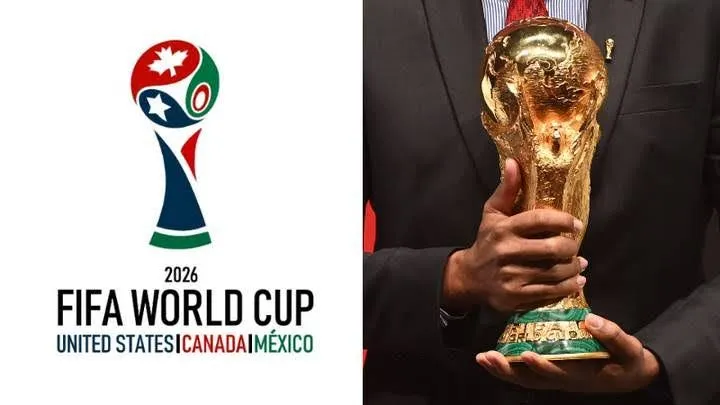The United 2026 FIFA World Cup bid was a joint proposal by Canada, Mexico, and the United States to host the 2026 FIFA World Cup. This historic bid marked the first time the tournament will be hosted by three nations, as well as the first time in 32 years that the World Cup will be held in North America.
Bid Decision
The decision to award the 2026 World Cup to the United 2026 bid was made during the 68th FIFA Congress held in Moscow, Russia. The vote saw an overwhelming majority in favor of the joint bid:
- Votes for United 2026: 134
- Votes for Morocco (the other bid contender): 65
This vote was also historic as it was the first time FIFA’s member associations were given the opportunity to vote on the World Cup host in a transparent and democratic process.
Tournament Structure
The 2026 World Cup will be the first to feature 48 teams, expanded from the previous 32-team format. This expansion aims to increase global participation and bring more excitement to the tournament.
Group Stage:
- 48 teams will be divided into 16 groups of 3 teams each.
- The top two teams from each group will advance to the knockout stage.
Knockout Stage:
- 32 teams will compete in a single-elimination format.
- The stages include the Round of 32, Round of 16, Quarter-finals, Semi-finals, and the Final.
Host Cities and Venues
The matches will be spread across the three host countries, with a total of 16 cities hosting the games.
United States:
- The U.S. will host the majority of the matches, including all knockout stage games from the Quarter-finals onwards.
- Key cities include New York, Los Angeles, Chicago, Dallas, and Miami.
Canada:
- Canada will host 10 matches.
- Main cities include Toronto and Vancouver.
Mexico:
- Mexico will also host 10 matches.
- Major cities include Mexico City, Guadalajara, and Monterrey.
Key Host Cities and Stadiums
United States:
- New York/New Jersey: MetLife Stadium
- Los Angeles: Rose Bowl, SoFi Stadium
- Dallas: AT&T Stadium
- Miami: Hard Rock Stadium
- San Francisco Bay Area: Levi’s Stadium
Canada:
- Toronto: BMO Field
- Vancouver: BC Place
Mexico:
- Mexico City: Estadio Azteca
- Guadalajara: Estadio Akron
- Monterrey: Estadio BBVA
Infrastructure and Preparations
The host countries are investing significantly in infrastructure improvements to ensure a smooth and enjoyable experience for all participants and visitors. This includes:
- Transportation: Enhancements to public transport networks, especially those connecting major stadiums and tourist attractions.
- Accommodation: Expansion and upgrade of hotel facilities to accommodate the influx of international visitors.
- Stadium Upgrades: Renovation and modernization of existing stadiums to meet FIFA’s standards.
Impact and Legacy
Economic Impact:
- The tournament is expected to generate significant economic benefits for the host countries, including tourism revenue, job creation, and infrastructure development.
Cultural Exchange:
- Hosting the World Cup in three countries will promote cultural exchange and foster stronger ties among the diverse populations of North America.
Football Development:
- The increased visibility and investment in football infrastructure will likely boost the sport’s popularity and development across the region, inspiring a new generation of players and fans.
Conclusion
The United 2026 FIFA World Cup bid represents a bold and ambitious vision for the future of global football. By bringing together Canada, Mexico, and the United States, this tournament will not only celebrate the sport but also showcase the unique cultures and hospitality of North America. As preparations continue, the world eagerly anticipates what promises to be one of the most memorable World Cups in history.















